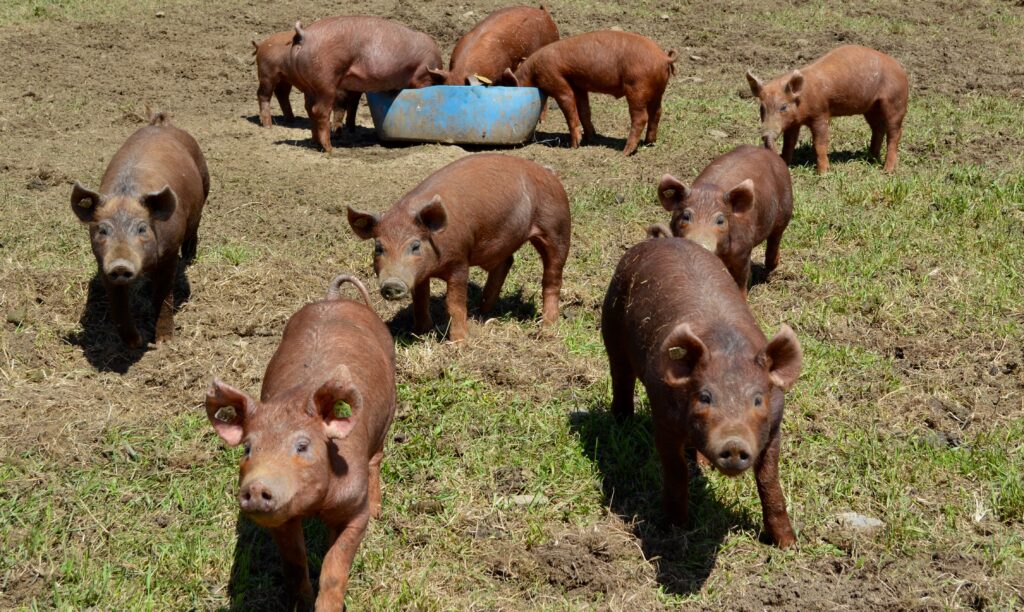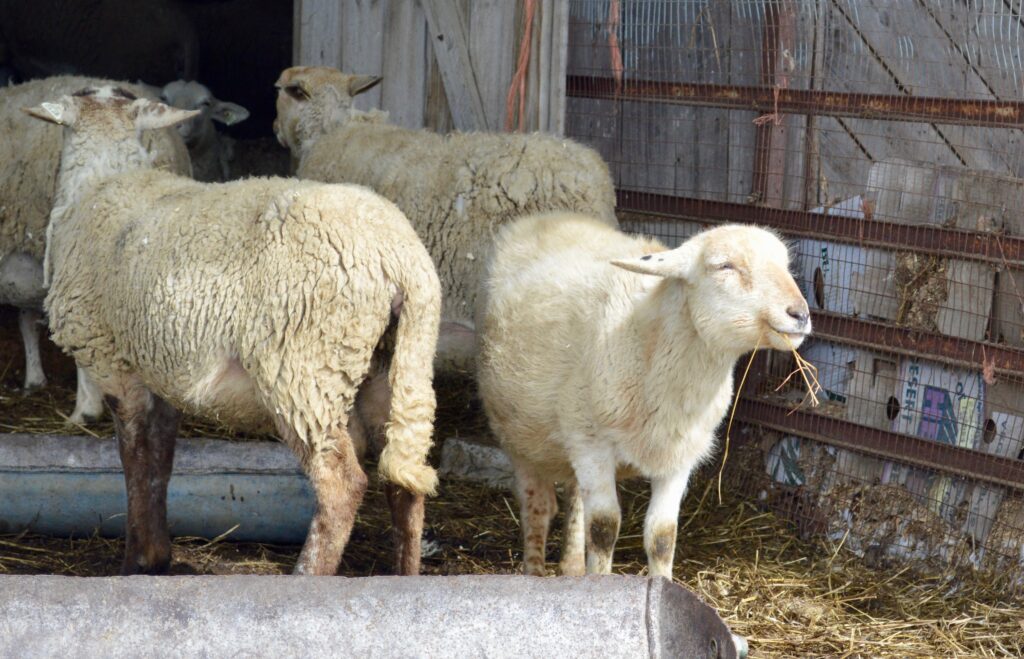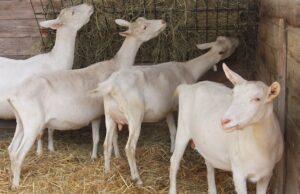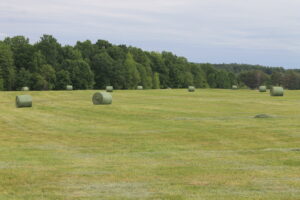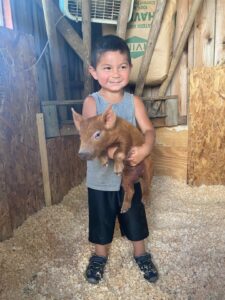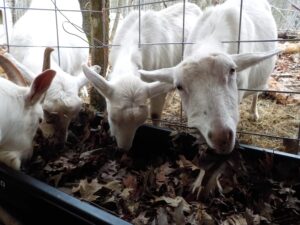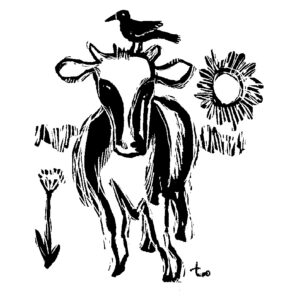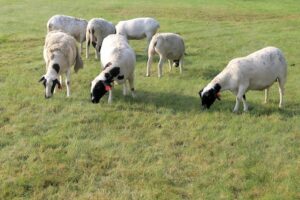
Healthy Grazing Systems Help Reduce Parasites in Livestock
By Jacki Martinez Perkins, MOFGA’s Organic Dairy and Livestock Specialist Parasite monitoring is an important part of raising livestock (and, in case you’re dissuaded from raising livestock due to parasites, I’ve got news for you: everyone has internal parasites). Arguably, healthy bodies can manage a low-grade level of internal parasites in their systems as a
